Your head throbs, and you feel woozy as your eyes finally open. That was an unexpected night, and the beer, wine, or alcohol you drank left you with a vile hangover. The next day after drinking too many alcoholic drinks seems to bring out the adverse effects of alcohol on one’s health the most.
Unexpected symptoms are headache, vomiting, dry mouth, and exhaustion. You are looking for a quick and straightforward approach to feeling like yourself again. Fortunately, the internet, a helpful place, gives a wealth of hangover cures. Let’s explore a handful of hangover cures.
Table of Contents
ToggleWhy Do Hangovers Occur?
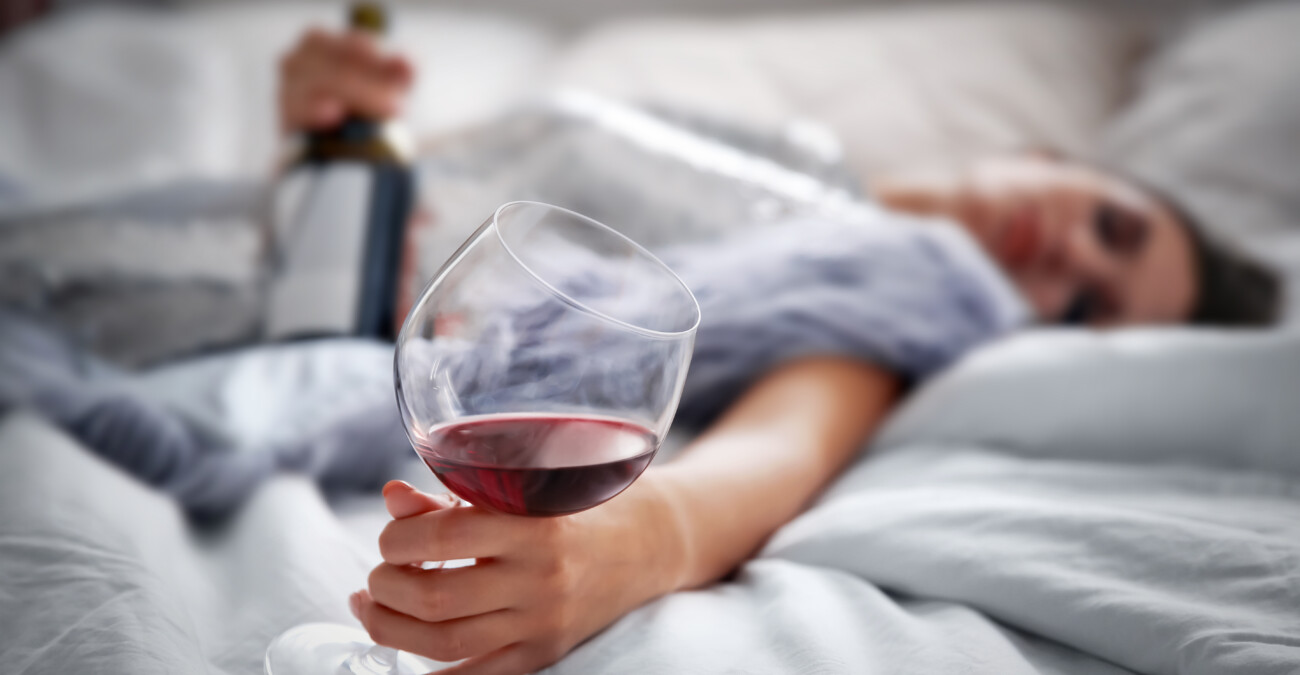
Knowing the actual cause of a health condition is a crucial step toward finding a cure. How your body responds to alcohol is essential when curing hangovers. Let’s start with the reality that alcohol is a diuretic, which implies that it creates a great deal of urine to be released.
It triggers a great deal of fluid to leave your body and offers an ideal condition for dehydration to take place in between trips to the toilet. Beer and alcohol use also lowers the release of ADH vasopressin, an antidiuretic hormone.
The kidneys and this ADH combine to preserve an appropriate hydration level in your body. But things are just starting to ascend out of bounds at the moment. Mixing alcohol:
- It creates an overall sense of queasiness by hurting the lining of your stomach. You may get nausea due to the following buildup of stomach acid.
- It decreases your blood sugar levels, keeping you exhausted and dizzy.
- Increases the blood vessels in your body, which can result in headaches. Dehydration can additionally result in headaches.
Those issues can worsen as you drink more booze. A hangover occurs when you combine all of these bodily responses and facts. In the most severe cases, a hangover may destroy your whole day.
How To Prevent Or Cure A Hangover
1. Drink Plenty Of Water
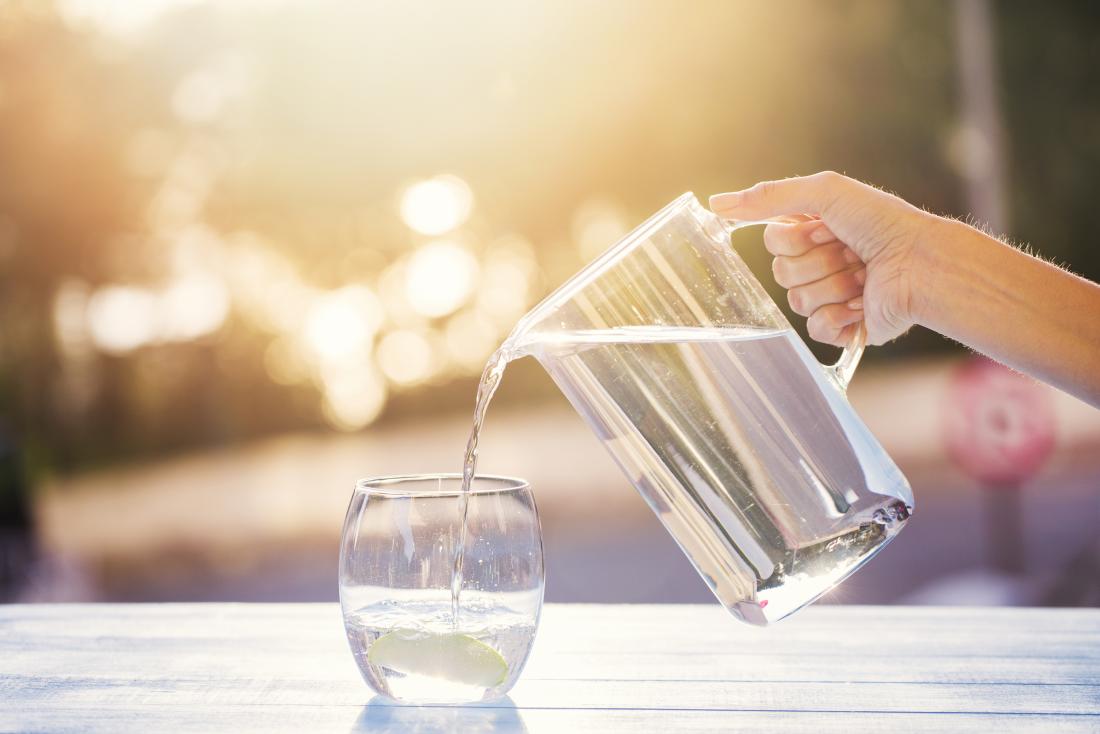
Many different things, like drinking alcohol, may trigger dehydration. Initially, alcohol boosts the amount of urine since it has a diuretic impact. High thirst, tiredness, headaches, and feeling like you could pass off are all signs of dehydration; that isn’t the only source of a hangover, but it adds up for it.
A lack of electrolytes and fluids that your body requires to operate successfully may occur from this. Drinking too much may cause you to throw up and have diarrhea, losing more fluids and electrolytes.
Drinking more water may help reduce or avoid some of the adverse effects of a hangover. An excellent rule of practice to follow when drinking alcoholic beverages is to vary between sips of water and your chosen drink.
Although this won’t stop dehydration, it can help you drink less. To remain refreshed the next day, drink water when you feel thirsty.
2. Avoid Drinking When You’re Hungry
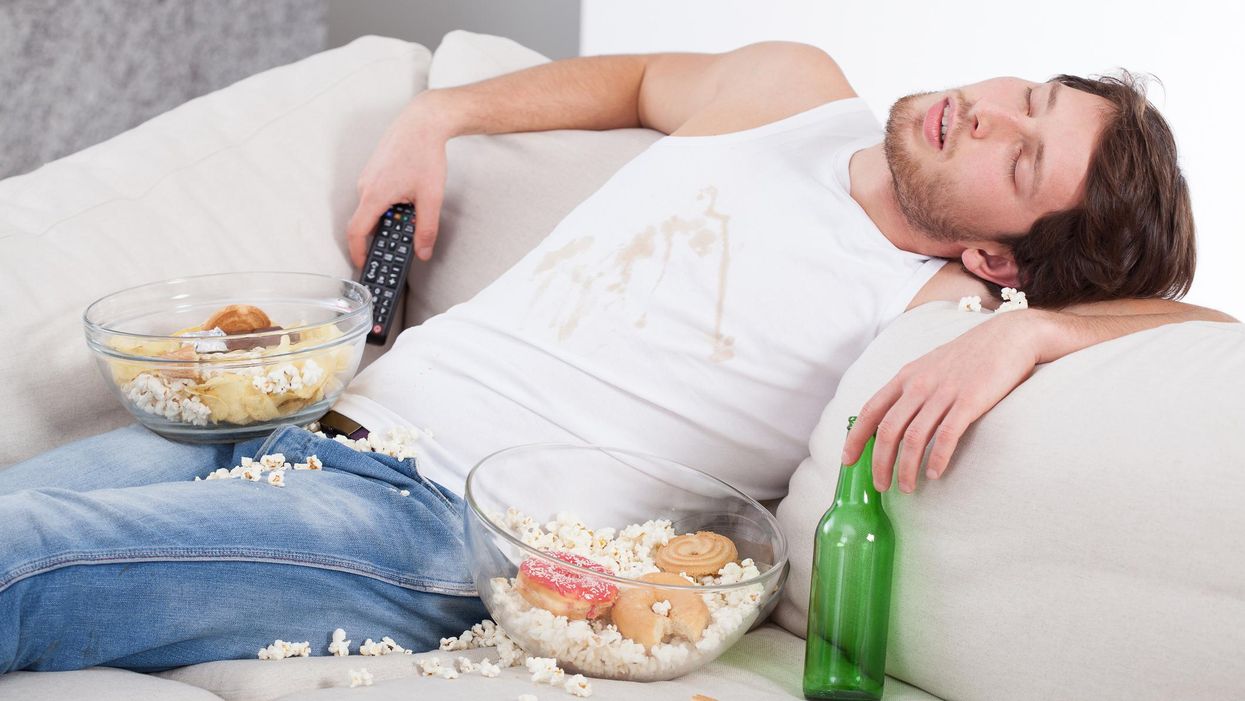
Eat a filling meal or a large snack if you want to drink. This could lower the pace at which alcohol hits your bloodstream and reduce the chance of a hangover.
In a small research, experts studied the outcomes of offering alcoholic beverages to a group of men on multiple occasions, once on an empty stomach and again after nearly 15 minutes after having a 700-calorie filling meal.
They revealed that when subjects ate before drinking, their blood alcohol levels were pronounced less than when they drank on an empty stomach. The rate at which the alcohol left their bloodstream was sped up by food.
The distinction in blood alcohol levels between meals that include proteins and dishes high in fat or carbohydrates was noted by the scientists, yet it was only minor. Any important meal will be helpful whether it offers a lot of fat, carbohydrates, or protein.
3. Get A Lot Of Rest

For certain people, alcohol can be tied to poor sleep time and efficiency. Alcohol may trigger sleep problems. Research shows that excessive drinking and frequent use can disturb sleep cycles, yet minimal to moderate quantities of alcohol can at first enhance sleep.
Even though it doesn’t cause hangovers, lack of sleep may worsen them. A lack of rest can worsen problems like tiredness, headaches, and irritation. A night of restful sleep and giving your body a chance to recover can make you feel better and less miserable when you have a hangover.
4. Try Using Ginger
Several studies have found that ginger can reduce vomiting and nausea created by things like motion sickness, pregnancy, cancer treatment, and chemotherapy. You can get ginger supplements or add natural ginger to your meals. But ginger tea or ginger chews are likely the best options for a hangover.
Ginger tea can be made by adding fresh ginger slices to boiling water.
After changing the taste with a slice of lime or honey according to your taste, pour it into the cup.
5. Eating Proper Meals

Although specific individuals believe that a heavy breakfast, the most effective choice for a hangover cure is a nutritious, well-rounded meal. Alcohol interferes with your metabolism and hurts the lining of your stomach.
You can be able to prevent vomiting and blood sugar spikes and declines, which may worsen hangover symptoms, by picking meals that are nutritious and simple to digest. Remember that you get a lot of antioxidants and vitamins in your diet the next day since they are vital for your body’s ability to break down and eliminate toxins.
6. Test Out A Few Supplements

Given a shortage of evidence, some studies have shown that certain nutrients can assist with hangovers. For the potential to lessen the impacts of hangovers, the following nutritional products have been studied:
- Prickly Pear: Based on certain studies, this sort of cactus can help treat hangovers.
- Prickly pear: Extract reduced hangover symptoms, based on a 2004 study. But the possibility of getting severe symptoms was cut in half.
- Eleuthero: Based on one research, using eleuthero extract nutrients, often known as Siberian ginseng, lowered the intensity of hangovers and aided with a number of their symptoms.
- Red Ginseng: Red ginseng supplements were shown to lessen blood alcohol levels and hangover intensity in an earlier study.
- Boreal Oil: In one study, borage oil, extracted from the starflower seeds, plus prickly pear extract, decreased signs of hangovers in 88% of subjects.
Nearly all of the studies that are now accessible are outdated, and there is not enough study on people. Thus, further investigation is required to determine how well supplements can lessen hangover symptoms.
7. Use Pain Relievers
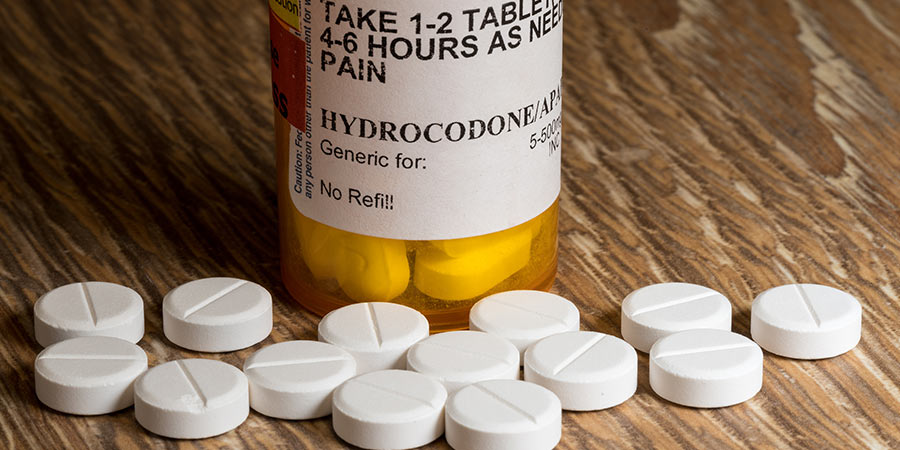
Pain relievers and nonsteroidal anti-inflammatory medications (NSAIDs) that are accessible without a prescription can possibly relieve symptoms of hangovers.
NSAIDs which include aspirin, are often prescribed for managing the pain that comes from hangovers, along with other problems. Among these problems are pain and discomfort in the muscles, and they also include headaches.
Patients experienced fewer symptoms of hangovers after using naproxen and fexofenadine. The drug in question proved to be considerably less successful than a typical placebo.
On the other hand, if you currently are experiencing a stomachache or vomiting, using these medicines could further upset your digestive system and make the symptoms worse.
Both alcohol and medications that include Tylenol, which includes acetaminophen, can be damaging to the liver. Buyers of Tylenol need to constantly keep this in mind. All of these are not suggested for use in managing hangovers.
Solutions For A Hangover That Don’t Do Much
1. Take In A Cup Of Coffee
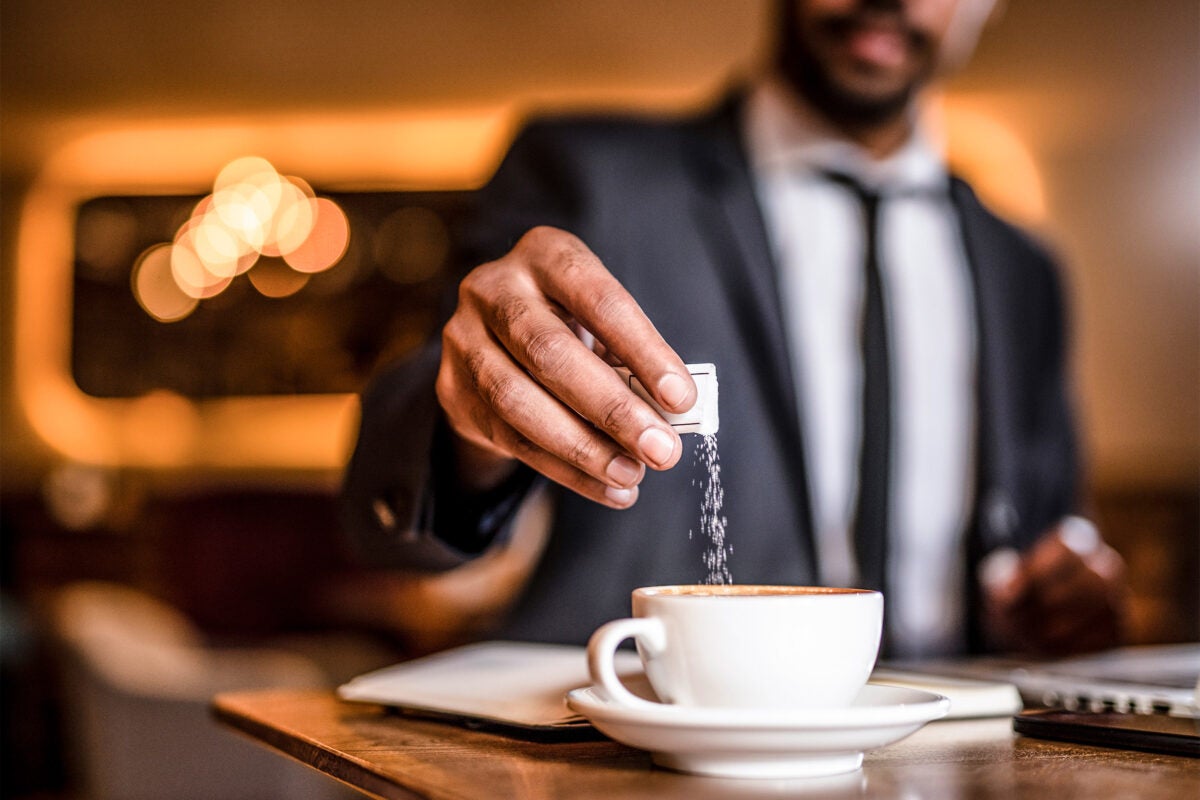
Coffee drinkers like to think favorably of the possible perks of their morning coffee. But coffee has zero beneficial effects on beating hangovers. Caffeine in coffee can help with tiredness for a while. However, it will not heal a hangover.
Caffeine fails to relieve hangover symptoms. In truth, there is no proof that caffeine impacts hangover signs, either good or bad.
When you enjoy coffee regularly and know you’ll likely start getting a headache from the caffeine, try sipping a tiny amount at a time. But refrain from forcing yourself to make the shift if you have no desire to.
2. Drink Alcohol The Following Morning
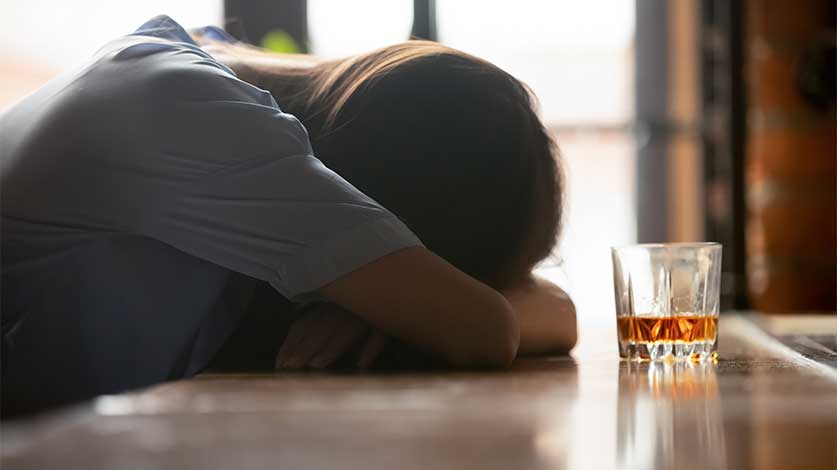
This is the age-old “hair of the dog” approach, and it’s possibly most often put forward when you decide to meet with a bunch of friends who experience your hangover misery. The belief that drinking more alcohol may relieve hangover symptoms is the basis of this legend.
If you pause to think over it, this point of argument is pathetically incorrect. Drinking extra alcoholic beverages after getting drunk can trigger the signs of a hangover to get more serious, even though drinking more alcohol can make you feel more at ease.
Further, individuals are working in the area of studies who believe that this mistake will, in the future, indeed cause anyone to get reliant on alcohol.
3. Have A Pill Shortly Before Bed
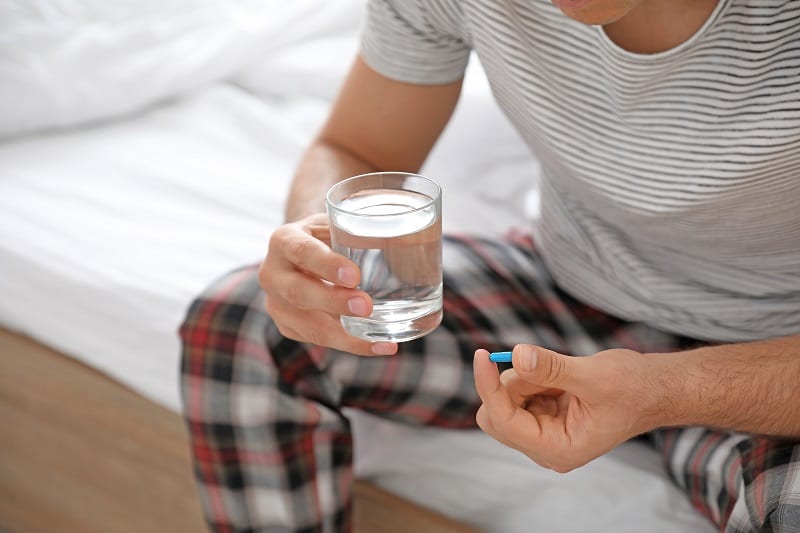
If you know you’ve had a good deal to drink, you can feel prompted to take the pills or extra ibuprofen, wash it down by drinking an enormous cup of water, then try to fall asleep as soon as you can after taking the medication.
If you do this, remember you get on the pillow immediately after taking the drug. It is believed that the drug will achieve its objective when you recover, right? Remember that using acetaminophen with alcohol can be hazardous to the liver.
This should be the main thing to bear in heart. It is also frequently done by seeking medication. Still, a study has demonstrated that doing so can boost the quantity of stomach acid released, leading to the agony that your stomach is currently feeling as an outcome of the alcohol.
When taking any medicine, you ought to consult a doctor and understand the details supplied on the drug’s package. When you try this myth regarding healing hangovers, and you wake up feeling fantastic, it’s not due to the drug; the advantages of these drugs regularly only endure for between four and six hours at their peak.
Instead, it may have been triggered by a factor you took in, including the water you drank, the food you ate before drinking, or possibly the alcohol you had. Each of these factors likely had some part in producing it.
4. Begin Your Day Off By Eating A Heavy Breakfast

Eating breakfast is the most significant thing you can do to regain your average blood sugar levels after a night of drinking. But loading up on fatty and heavy meals is the most harmful thing you can do if your tummy has been stressed out.
Instead, it would help if you focused on eating goods that can help you achieve your hydration demands. Foods packed with water content, like watermelons, berries, and cantaloupe, are excellent options for thought.
Bread or bagels may increase blood sugar levels while staying pleasant on the stomach. When you feel like it, also give the eggs a quick scramble. Eggs involve an amino acid in them that can help lessen the adverse effects of drinking alcohol.
Also, they are rich in nutrients that could aid your body in recovering strength. Contact an expert nutritionist if you need assistance finding out what to consume to beat a hangover.
5. Put On A Hangover Patch

Before drinking, you can put vitamin-infused stickers on your skin as “patches” to stop hangovers. The theory is that you take the vitamins via your skin to combat the adverse effects of alcohol.
It appears too tempting to be true. Indeed, it is. The belief that your body gets necessary vitamins and minerals from a patch to avoid a hangover isn’t confirmed by any valid proof.
Conclusion
A hangover is defined by painful physical symptoms like headaches, feeling ill, throwing up, and tiredness. Many various bodily responses to alcohol can cause a hangover.
Water, food, and sleep can avoid or decrease hangovers. These tips could minimize hangover discomfort and speed recovery. The most effective method to avoid a hangover is to drink less or not drink altogether.

I am a passionate beer connoisseur with a deep appreciation for the art and science of brewing. With years of experience tasting and evaluating various beers, I love to share my opinions and insights with others and I am always eager to engage in lively discussions about my favorite beverage.
















